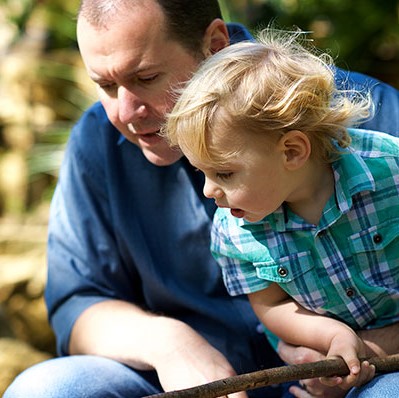
Heartbreaking, common and treatable: the truth about addiction in Australia
If addiction is affecting your family, you’re not alone. In fact, one in 20 Australian deaths last year was caused by alcohol or illicit drugs. Addictions are often undetectable until the addicted person has reached crisis point, causing untold suffering for both the addicted person and their loved ones.
So how can we identify addiction in its early stages, and what can we do to help once it has taken hold?
‘Just having fun’, stress, or something more serious?
Drug or alcohol use is often played down as fun, a stress reliever or a way to blow off steam, but abusing these substances can be much more serious, resulting in lifelong illness and even death.
Drug abuse is using alcohol or drugs (including prescription drugs) in a way that is not intended. This can included overuse (binging), taking drugs not prescribed to you, or using drugs in a way that is contrary to the prescription. Drug addiction is when a person is not able to stop using alcohol or drugs, even if they want to.
Signs of substance abuse and addiction can be hard to pick at first, but can include things like changes in mood, secretive behaviour (particularly around whereabouts and money), withdrawal from family or friends, and a loss of interest in things that were once important to the person, like their appearance or hobbies.
Addiction does not discriminate
Addicted people and their families may have a sense of shame about addiction, but they needn’t feel that way. Addiction is common and it can affect anyone, of any background, age or socioeconomic group.
In fact, alcohol abuse is on the rise among older Australians according to the Alcohol and Drug Foundation, and is associated with an increase in both the misuse of prescription drugs in this age group.
Worldwide, prescription drug abuse continues to be an issue, while new street drugs are becoming available all the time. These drugs can be hard to spot, especially for parents, which is why research is crucial if you suspect a young person in your care of drug abuse.
Supporting addicted loved ones without alienating them
People in the throes of addiction can become isolated, losing touch with friends or family members and rejecting offers of help. Addictions can also occur in conjunction with mental illness, including depression, anxiety, personality disorders and many others, making them more complex and difficult to treat.
In order to support someone battling addiction, it is important to remain calm and keep your focus on helping them to recover in a loving, healthy way.
If you are concerned about a loved one, begin by educating yourself. Chat to a GP or research online at trustworthy sources such as DirectLine, Turning Point and ReachOut. The next step is to seek treatment.
Treating the disease of addiction
Addiction impacts the whole family. If you have come to the realisation that drug or alcohol addiction is an issue for someone you care about, seek outside support for yourself as well as the addicted person.
Professional assistance can be one of the most effective ways of treating substance abuse and addiction issues. Our Albert Road Clinic is a private facility offering a range of addiction treatment options, including inpatient, outpatient and community based care.